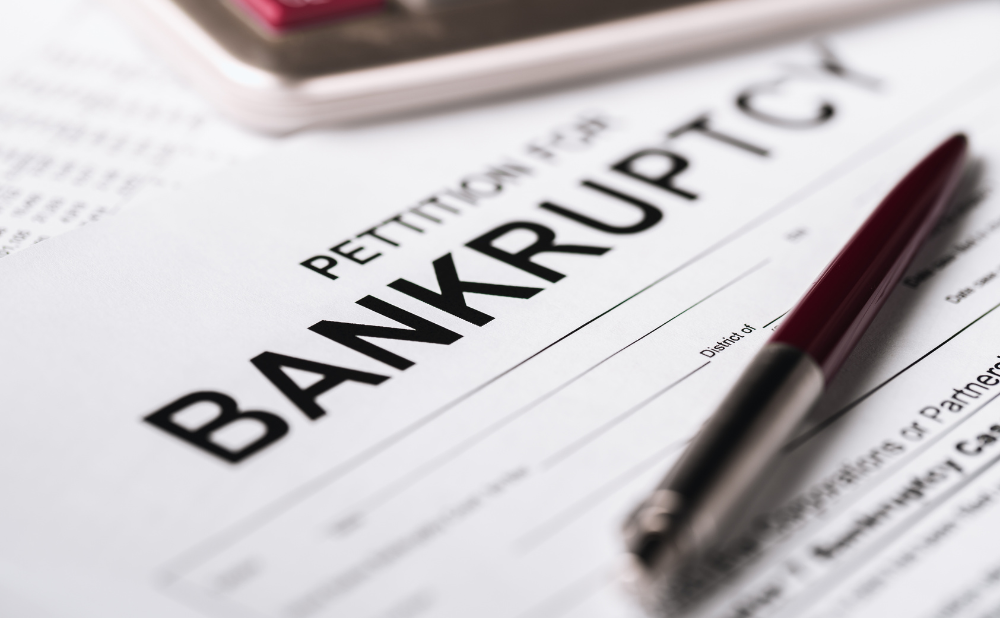Filing for bankruptcy is a detailed process that requires careful preparation and submitting various documents to accurately represent your financial situation. This documentation is critical for the court to understand your assets, liabilities, income, and expenses, allowing them to make informed decisions regarding your case. Whether you’re navigating this path on your own or with the assistance of a firm like Bumbaugh George PLLC in Pittsburgh, PA, being well-prepared with all the necessary paperwork is crucial.
Essential Documents for Bankruptcy Filing:
- Petition: The official form initiating your bankruptcy case.
- Schedules: Detailed lists providing information about:
- Assets: Everything you own (real estate, vehicles, personal property).
- Liabilities: All debts, including credit cards, loans, medical bills, etc.
- Income sources: Amounts and frequency.
- Living expenses: Broken down by category (rent/mortgage, utilities, food, transportation).
- Statement of Financial Affairs: A comprehensive overview of past financial transactions, including but not limited to sales of property, losses from gambling, lawsuits filed against you, and others.
- Means Test Calculation (if applicable for Chapter 7 filings): Determines eligibility based on a comparison to the median state income for the same household size. This aims to ensure those with substantial means cannot avail themselves of liquidation proceedings without first attempting reorganization under Chapter 13.
- Credit Counseling Certificate: Proof of having completed a mandatory counseling session with an approved agency within 180 days prior to the filing date. Notably, this requirement must be met for your application to be considered valid.
- Tax Returns and Pay Stubs: Recent returns and pay stubs are often required to verify listed earnings claims. Sometimes, additional years’ worth of tax returns may be requested, particularly if circumstances call into question the accuracy of the current data provided.
- Real Estate Documentation: If you own any real properties, deeds, mortgage statements, and recent appraisals might need to be submitted.
- Vehicle Registration, Valuation Reports (for vehicles owned outright), Lease Agreements, and Loan Agreements: Valuations such as Kelley Blue Book or NADA Guide values help establish the fair market value of your possessions.
- Additional Forms and Notices Required by Local Court Rules: Each jurisdiction may have its unique requirements. It’s important to check the specific local court rules and procedures before submitting anything.
Given the breadth and depth of information involved, seeking professional legal advice can be beneficial to ensure no detail is overlooked and potential complications are avoided. This is where the expertise of firms like Bumbaugh George PLLC becomes invaluable. Their experience handling a wide array of cases across different chapters allows them to offer tailored guidance every step of the way. From organizing initial document gathering to strategizing around exemptions and advocating on your behalf throughout the proceedings, their team is dedicated to making the process manageable and understandable for clients aiming for a smooth transition towards a new beginning post-bankruptcy.







